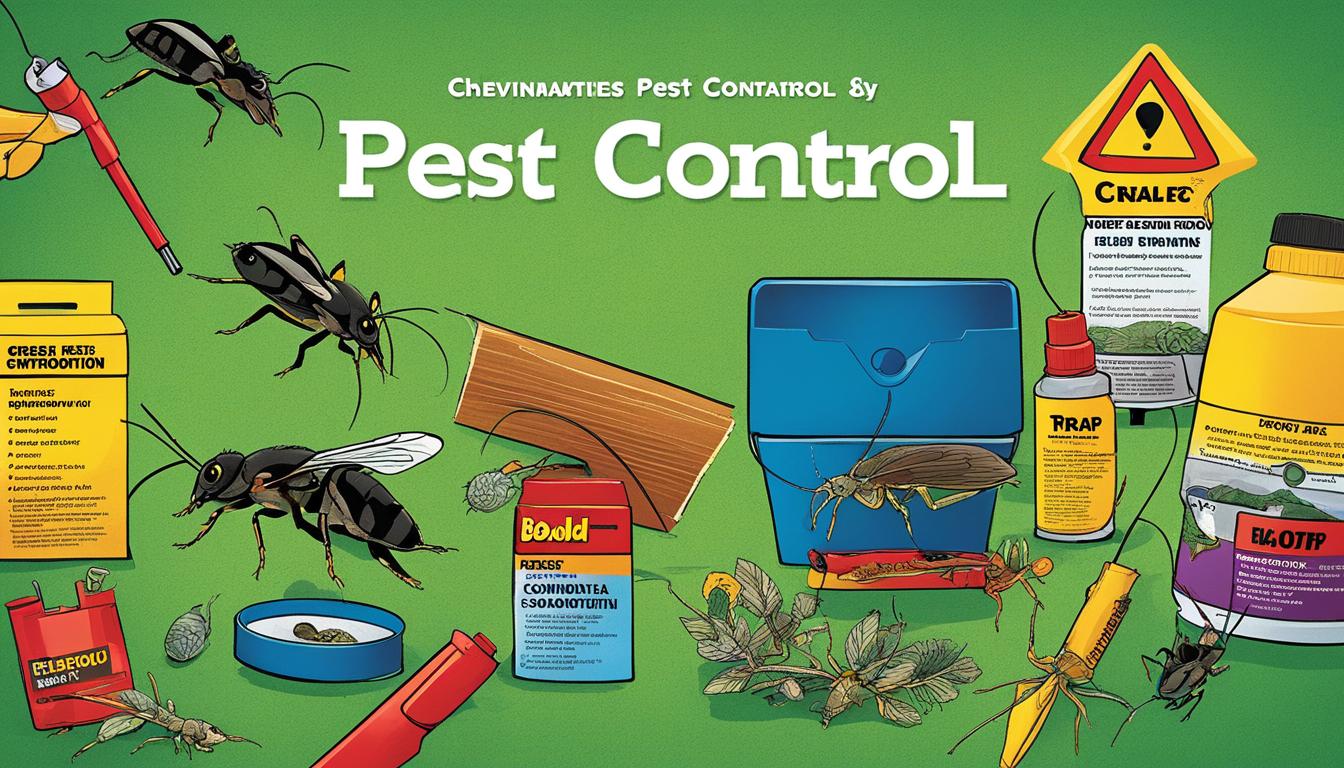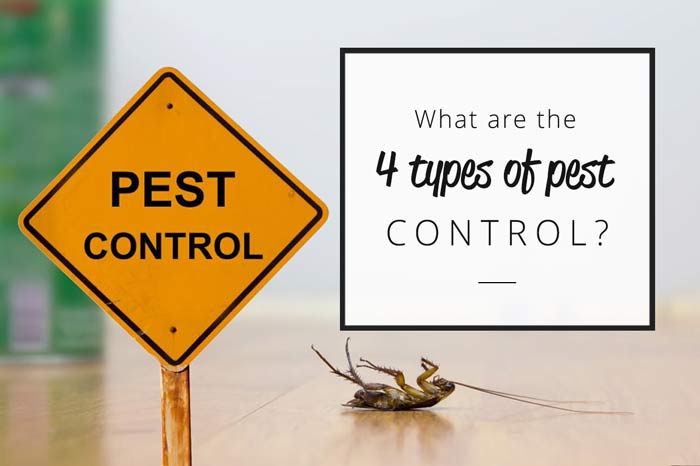All About Pest Control
The Facts About Pest Control Revealed
Table of Contents10 Easy Facts About Pest Control ExplainedThe Best Guide To Pest ControlFacts About Pest Control UncoveredOur Pest Control IdeasThe smart Trick of Pest Control That Nobody is Talking About
Limitations of Chemical Monitoring Be able to examine pest issues, identify if management is necessary, and make suitable recommendations using IPM strategies. Be familiar with various techniques of insect management - their benefits and restrictions.This chapter goes over (IPM), a strategy that makes use of expertise concerning bugs and their, practices, nonchemical approaches, and pesticides to take care of parasite troubles. Added details concerning IPM for particular plants is consisted of in phases that focus on those plants. Nonchemical pest control procedures are emphasized in phase 17, "Organic Gardening." Taking care of birds and mammals is covered in phase 20, "Wildlife." Taking care of in the backyard and yard is covered in chapter 6, "Weeds." Bugs in a garden or landscape might include pests and termites, weeds,, creatures, and birds.
Many individuals rush to draw, hoe, or spray every weed they see. Insects and weeds, nonetheless, contribute in the. After growing a garden or establishing a grass, the all-natural procedure of plant succession begins to restore and nonnative plants. A weed expanding in a grass represents the first stage in a sequence of occasions that, if allowed to continue, could eventually lead to a forest.
What we call "parasites" are component of an all-natural system at the workplace. An ecosystem has no bugs. Only human beings think about particular varieties insects when they occur where they are not wanted. We will certainly be much more successful in taking care of undesirable species when we understand that these organisms follow predictable patterns that we can utilize to our advantage.
The Best Strategy To Use For Pest Control
Bugs at risk to a pesticide were swiftly eliminated, leaving resistant ones to breed and increase. It came to be clear that chemicals alone would certainly not solve all insect issues.
An IPM strategy permits some level of insects in the atmosphere. Parasites are much less most likely to endure a program that uses several approaches of decreasing their populations. Integrated parasite monitoring was initial recommended by entomologists since insects were the very first team of insects to show tough to take care of with chemicals alone.
pest and host accurately. and think about economic or visual injury. A limit is the factor at which activity should be taken. a therapy strategy using mechanical, social, organic, or chemical controls, or a combination of these methods. success of treatments. IPM has prolonged beyond insects to management of all pest populations: weeds, condition organisms, and creatures.
Facts About Pest Control Uncovered
Administration instead than elimination of pests is the objective. An IPM plan starts with a mindful assessment of each parasite infestation.
Clover expanding in a lawn may be seen as an unwanted try here weed, yet as a legume it is synthesizing nitrogen for the soil and the flowers are providing nectar to honey and other. Resistance for some weeds might become part of an IPM plan. may be consuming the fallen leaves of a plant, yet when they are identified as the larvae of Eastern tiger swallowtail butterflies, their damage might be endured so we can enjoy the lovely butterfly.

The second essential tool in bug monitoring is early treatment. Being present and observant in the yard guarantees very early detection. Responding to problems promptly, before they have time to increase, calls for a less significant intervention. The 3rd crucial tool is recordkeeping; tracking what takes place in the garden allows a gardener to identify patterns and make informed decisions.
All About Pest Control
Many safe, useful, nonchemical methods of plant protection and insect management may reduce or get rid of the requirement to spray. Various other techniques are most helpful when utilized with pesticides. To execute administration discover here practices properly and to lessen losses, garden enthusiasts ought to understand the sorts of pests that strike plants and recognize pest biology.

Carrying out a dirt test and applying only the advised quantity of fertilizer and lime optimizes the benefit to the plant while decreasing problems connected to extreme usage of plant food - Pest Control. Covering the soil with a number of inches of mulch secures the plant in numerous ways: decreasing soil water loss to dissipation, decreasing weed competitors, providing nutrients, and creating a suitable environment for earthworms and bacteria that keep the soil loose for roots and break down organic material to launch nutrients
If mulch touches the trunk, it can create a way for voles, bacteria, and fungi to strike the plant. Do not make use of manure or garden compost that has actually not completely broken down as a leading clothing because it can urge undesirable insects. Research suggests that tilling the soil is harmful to soil framework.
The Facts About Pest Control Revealed
If tilling is considered necessary, consider doing it in the autumn when the life cycles of several parasites brings them near the surface. At the surface area, pests end up being revealed to the climate as well as birds and other all-natural enemies.